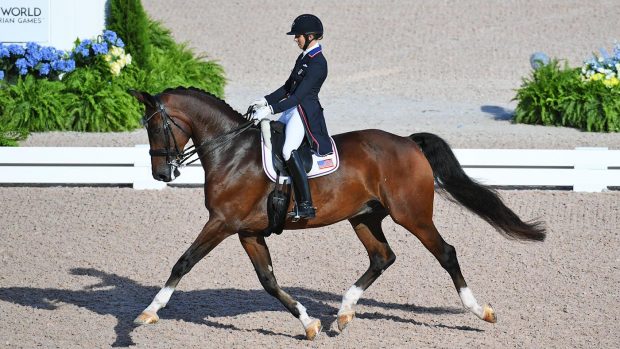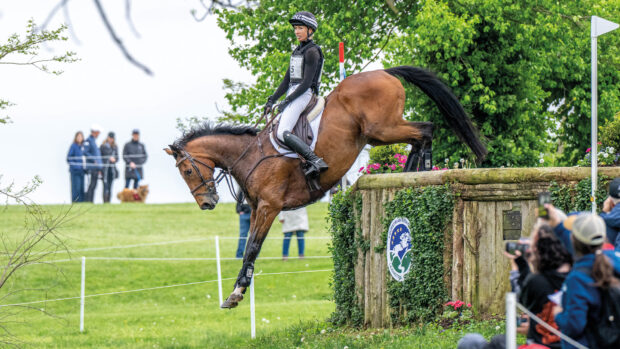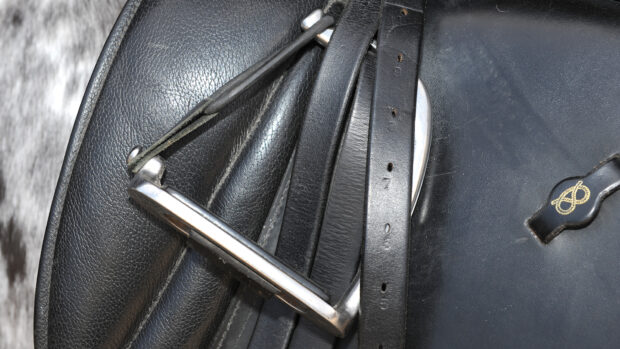Would you like to be able to choose whether you breed a colt or a filly? American breeders will be given exactly that choice for the 2010 season using “sexed semen” — but UK breeders are sceptical.
The world’s first sex-selected horse was bred by US-based XY Inc in 1998. Now US companies Sexing Technologies and Equine Reproduction Innovations are collaborating to make sexed semen commercially available for the first time.
Using a “flow cytometer”, Sexing Technologies is able to sort the chromosomes in the semen into X (female), Y (male) and undetermined. The company claims the process has a 93% accuracy rate.
The cost of the procedure could not be confirmed but is likely to run into the thousands.
“I imagine it would be possible over here, but I doubt there would be a huge demand for it in this country,” said Dr Madeleine Campbell from the British Equine Veterinary Association, who runs the Hobgoblins Stud in Sussex.
She queried whether breeders could justify the cost.
Tessa Clarke from West Kington Stud in Wiltshire agreed: “It’s a useful tool, but whether breeders can justify spending so much on deciding the sex of a foal when there are other more urgent things they need to pay for, is another thing.”
Cattle farmers in the UK have been able to choose the sex of calves they produce for 10 years thanks to Cheshire-based company Cogent. But a spokesman said they would not be dealing with equine semen.
Ms Clarke added that equine semen is not so concentrated or robust as cattle semen so it would take longer to process and could be damaged easily.
Though the racing industry could better afford it, artificial insemination is completely banned in thoroughbred breeding to protect the diversity of the stud book.
Warwickshire sport horse breeder Penny Roots believes sex determination is a good idea, price dependent.
“It would be beneficial if you had a very good horse and you wanted to continue their bloodlines,” she said. “But it would probably cost more than you could sell the horse for.”
But Lizzie Murray from Catherston Stud in Hampshire told H&H she believes nature should run its course.
“It’s quite nice not knowing what you’re going to get. If everyone wanted the same sex, you could upset the balance of breeding patterns for the future,” she said.
This article was first published in Horse & Hound (26 November, ’09)




